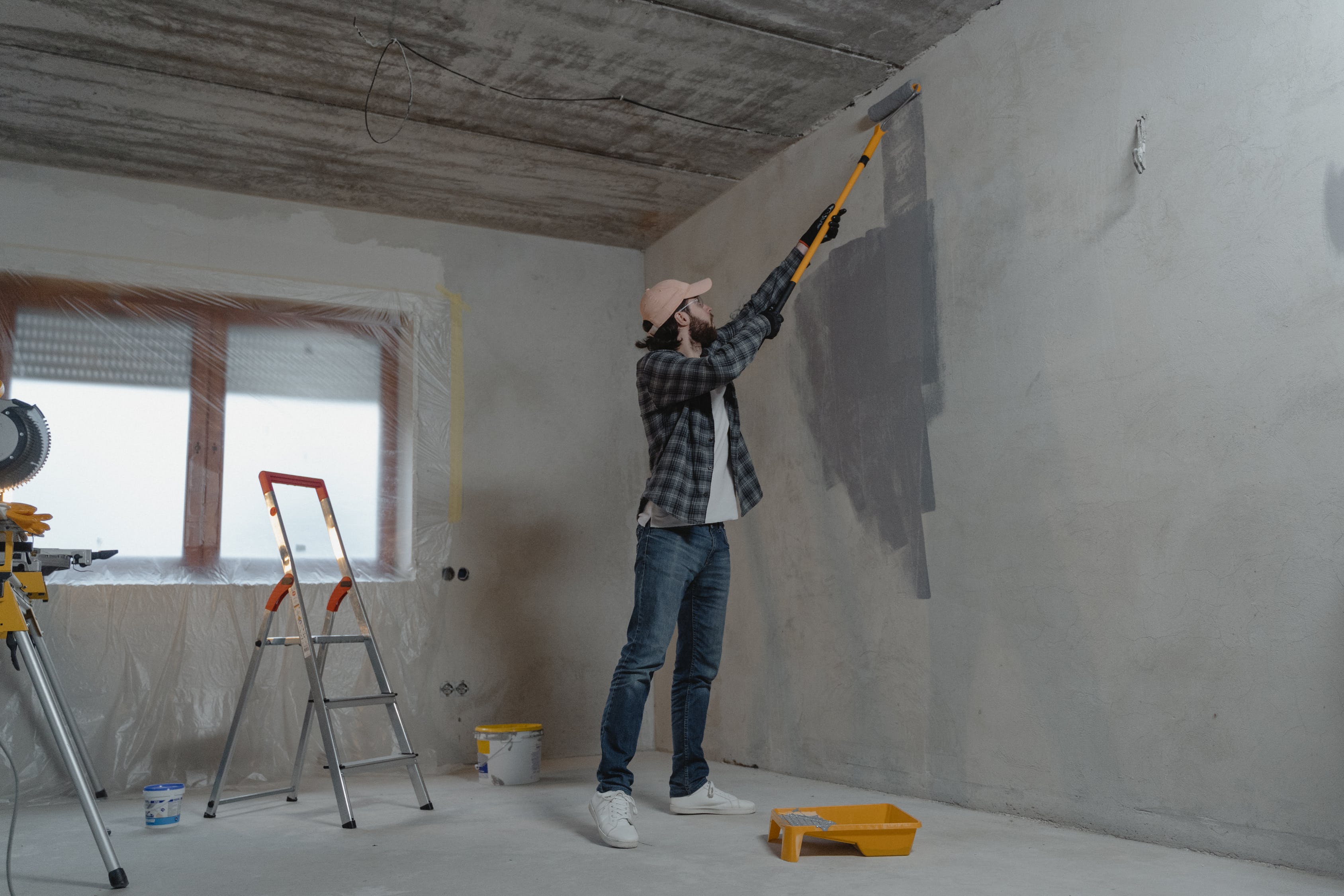10 Useful Ways to Make Your Home More Eco-Friendly
Making your home more eco-friendly goes a long way. From reducing carbon emissions to saving water, making small changes can have a significant and positive impact on the environment. Here are ten simple ideas to help you get started.
Build with Recycled Materials
If you are looking to extend your home or even build one from scratch, consider using recycled construction materials for the job. You can purchase used bricks and other building materials for a much lower price than new ones.
Some vendors offer products made from recycled materials. A quick online search can connect you to suppliers of construction materials made from plastic and waste. This way, you can cut costs and reduce pollution at the same time.
Furnish Your Home with Eco-Friendly Items
While on the subject of recycled materials, why not furnish the home with items that are friendly to the environment? Replace old furniture and decorations with those made from natural or reused substances.
Choose Your Paint Wisely
Could your home use a fresh layer of paint? Reach for water-based paints instead of oil-based varieties. Paints with an oil base release compounds in the air that are unhealthy for both people and the environment.

Water-based paints, on the other hand, produce fewer emissions, making them friendlier to the environment without compromising quality or aesthetic.
Switch to Solar Lighting
Replace fluorescent bulbs with either LED lighting or solar-powered lights. Changing lighting alone - both indoors and outdoors - can relieve the burden on the power grid and save you money on energy expenses in the long run.
Go Further with Solar

In addition to installing solar lights, you can gradually and affordably transition from depending on the power grid to running the home exclusively on solar power. Yes, installing a solar power system requires a financial investment, but the long-term financial and environmental benefits are worth it
Work with the Weather
Heating and cooling in any home results in tons of greenhouse gases being released into the atmosphere, causing further damage to an already-fragile planet. It is possible to reduce the need for heating and cooling by simply insulating windows, doors, and vents around the home.
Plant Some Brush
Adding plants to your landscape has multiple benefits. When trees and bushes are planted strategically, they can help keep the home cool during the summer and warm in winter. Plants also clean the air and can be a shelter for local critters looking for a home.

Change Your Cleaning Products
The next time you go shopping for household cleaning products, read labels carefully to find eco-friendly options. If you can't find a "greener" replacement, at least opt for varieties available in recyclable packaging.
Practice Water-Saving Tactics
Choosing showers over baths, fixing leaking taps, and using the dishwasher sparingly are a few common ways to save water. You can take things a step further by installing a water tank to allocate a specific amount of water to use every month.
Cut Down on the Use of Big Appliances
Water heaters, AC units, refrigerators, washers and dryers, dishwashers, swimming pools, and hot tubs all consume considerable amounts of energy and water. Using these appliances less or switching to solar-powered alternatives can have a positive impact on the environment and your pocket.
There are many small but significant changes you can make to your home that are quick, affordable, and environmentally friendly. Using recycled materials, exploring solar power technology, as well as cutting water and energy consumption are effective strategies to becoming more eco-friendly.
/newsletter
Get the latest from The Futurist every afternoon in your inbox
/recent
Check out some of the newest posts from The Futurist

.jpg)



